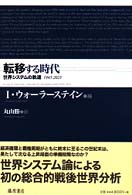Full Description
This book explores one of the most exciting new developments in the literary field to emerge over recent decades: the growing body of work known as 'electronic literature', comprising literary works that take advantage of the capabilities of digital technologies in their enactment.








